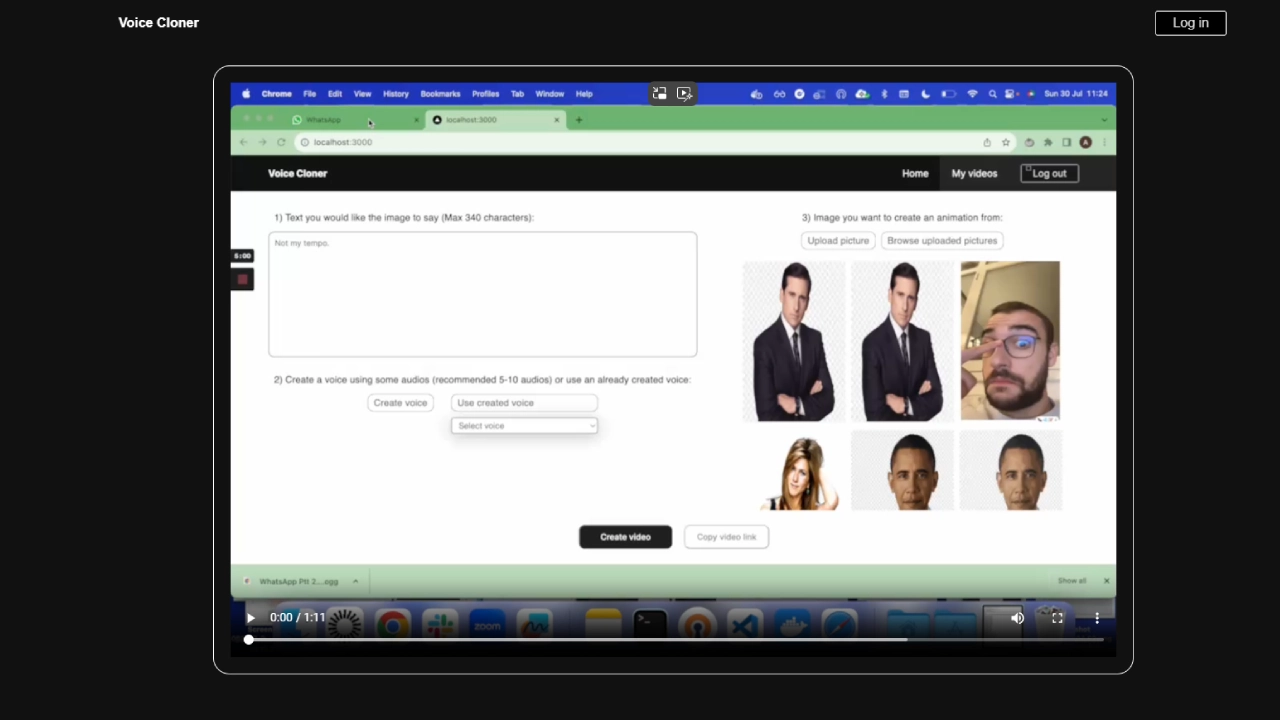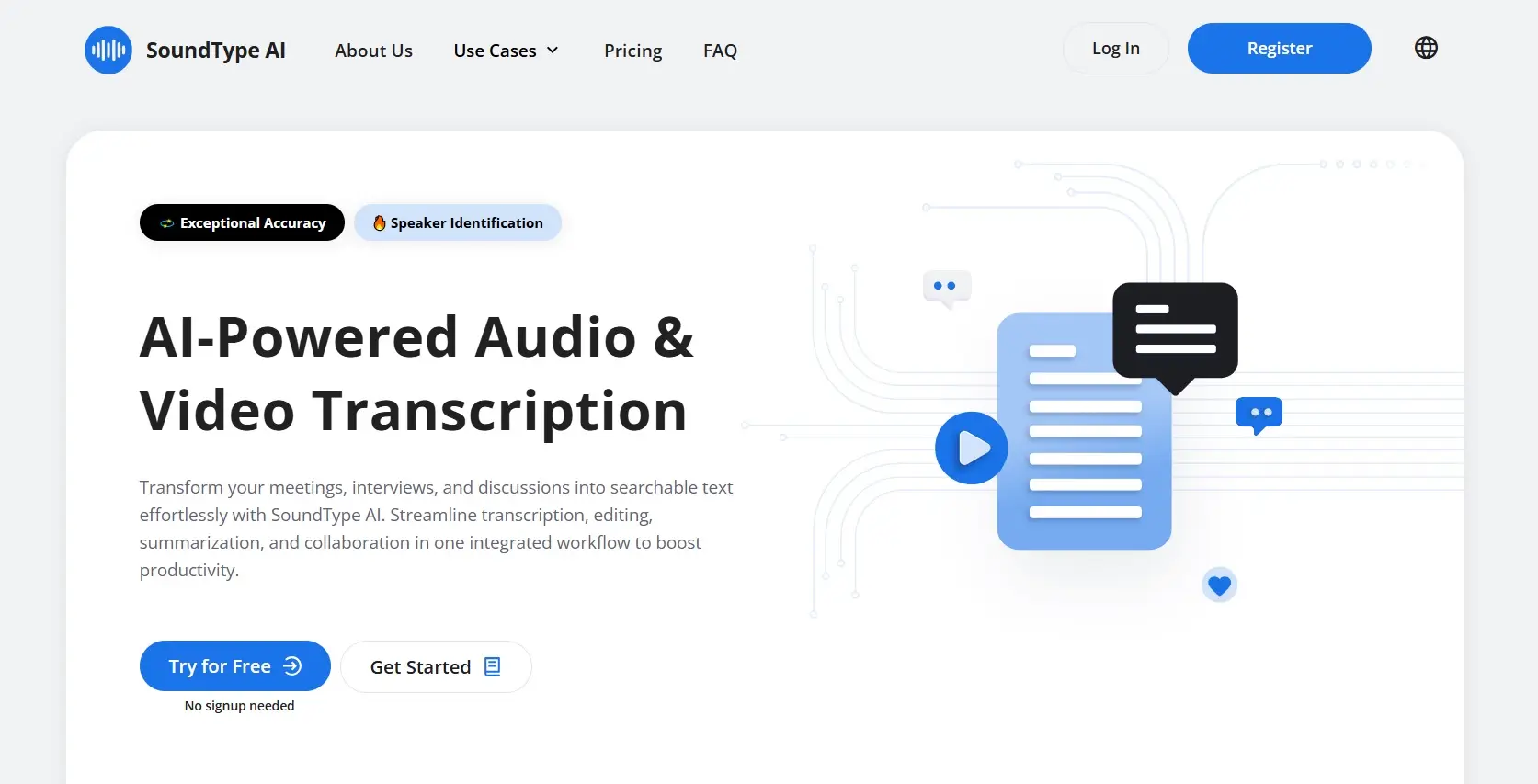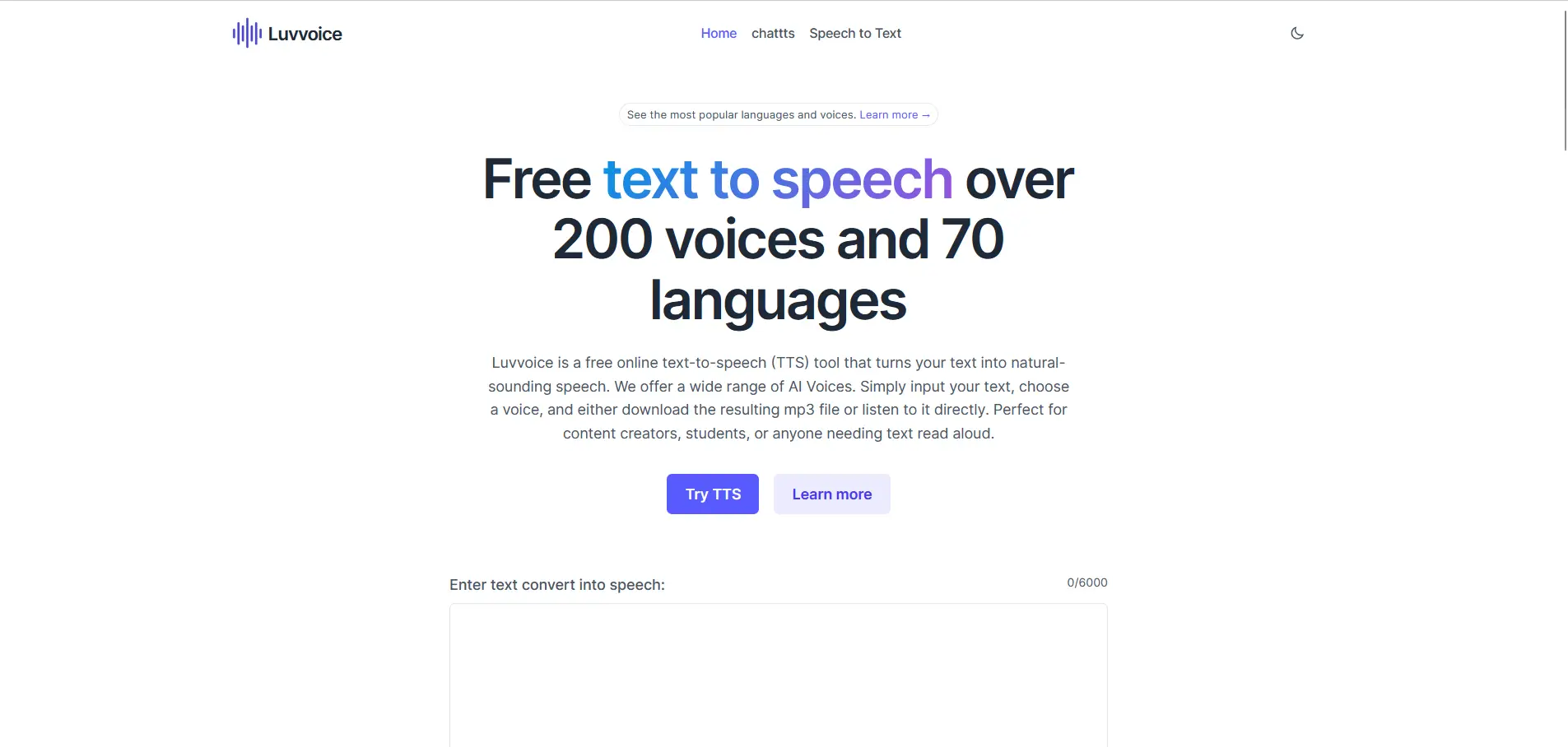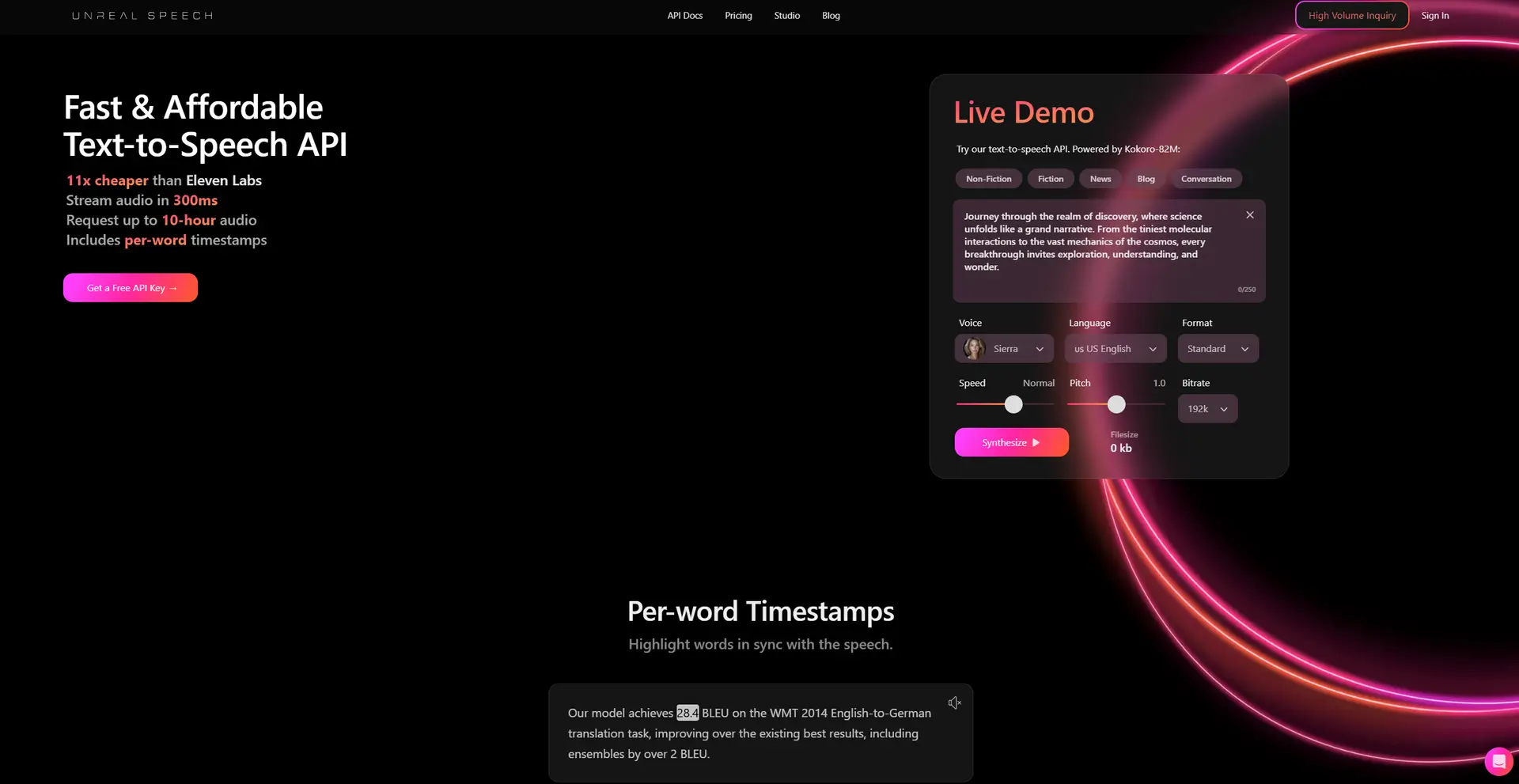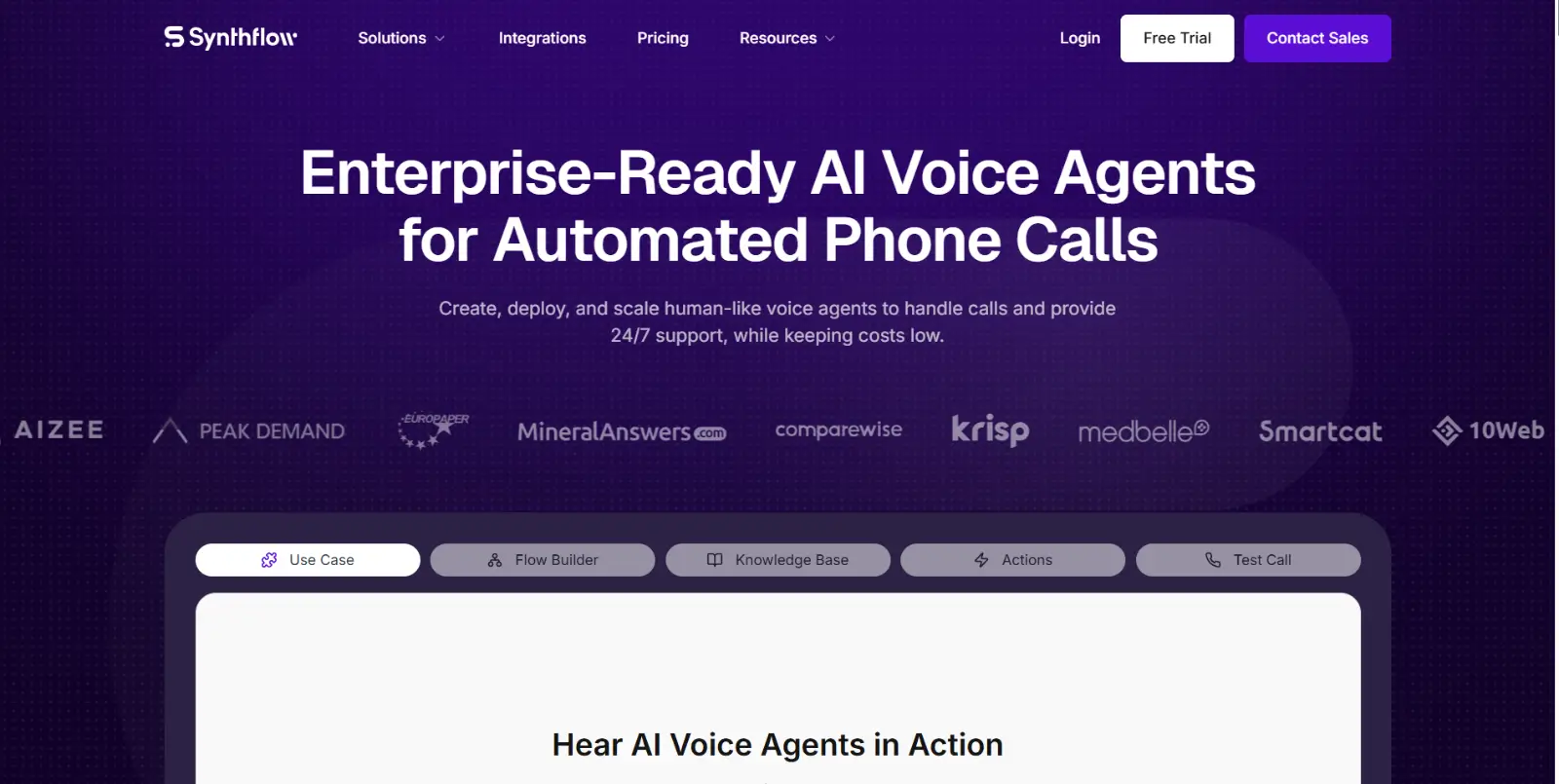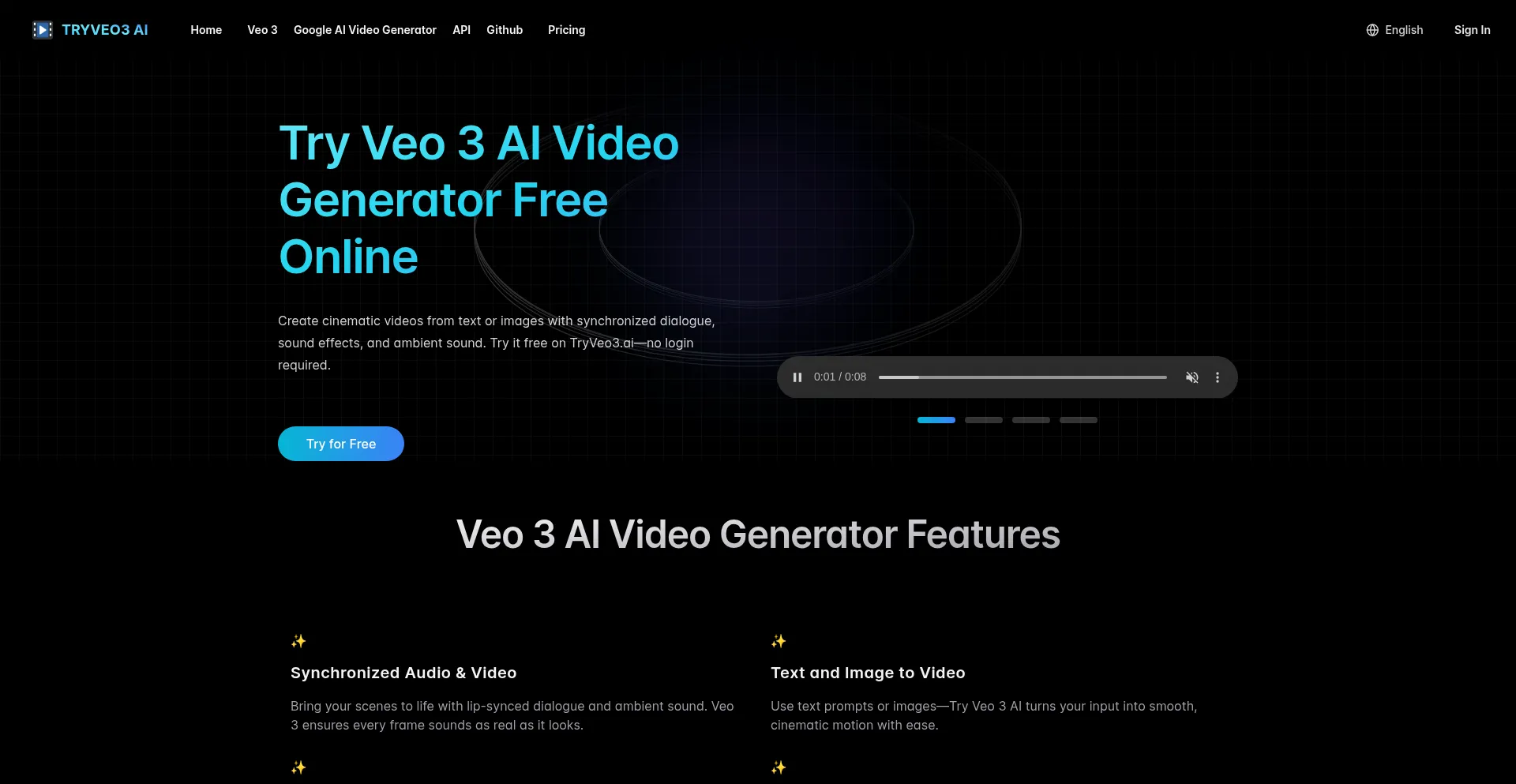Voice Cloner harnesses the power of AI to replicate and mimic a person’s voice with exceptional precision. Through sophisticated machine learning techniques, it thoroughly analyzes the subtle nuances, intonations, and unique vocal characteristics of a target individual.
With Voice Cloner, users gain the ability to generate synthesized speech that closely mirrors the original speaker, opening up a multitude of applications. From enhancing the personalization of voice assistant technologies to enabling authentic voice acting in various media forms, Voice Cloner empowers developers to create immersive and engaging experiences for their audiences.
At the heart of Voice Cloner’s functionality are its deep learning algorithms, which meticulously capture and replicate the pitch, cadence, and accent of the source voice. By inputting sufficient high-quality training data, users can achieve remarkably accurate representations of human speech.
However, alongside its potential benefits, Voice Cloner also presents ethical considerations that demand careful attention. Concerns surrounding privacy, consent, and potential misuse underscore the importance of responsible usage and adherence to legal and ethical guidelines.
As stewards of AI technology, it is crucial for users to consider these implications and approach the utilization of Voice Cloner with the utmost responsibility and integrity.
In essence, Voice Cloner stands as a groundbreaking tool that leverages AI to replicate human speech patterns and voice qualities, offering a wealth of possibilities for improving voice-based interactions and experiences. Yet, its ethical implications underscore the importance of approaching its use thoughtfully and ethically.
